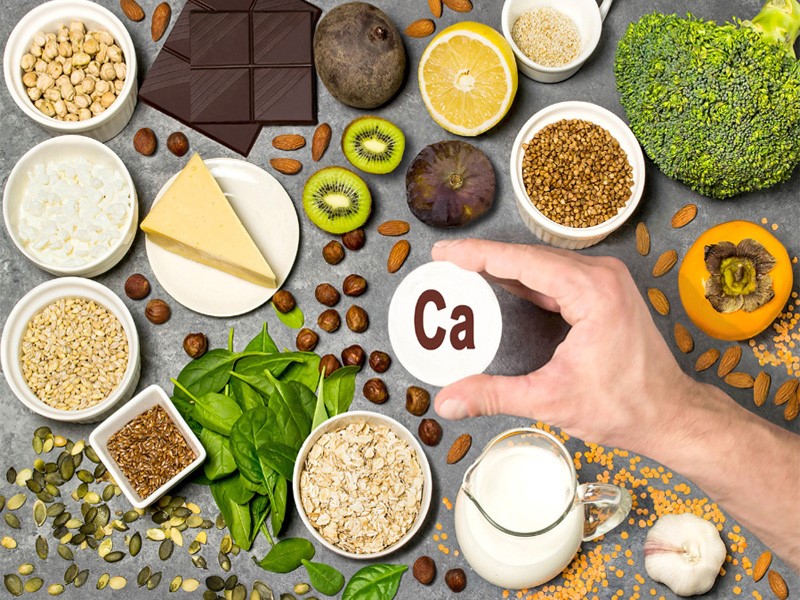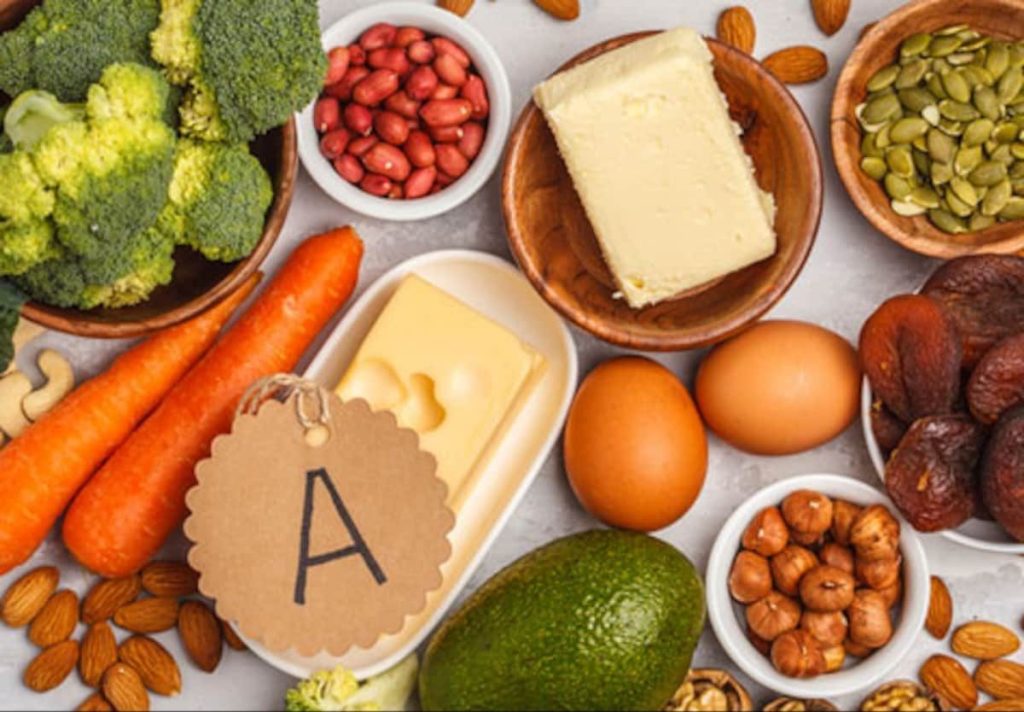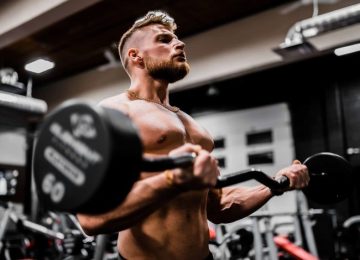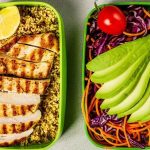In the world of sports nutrition, Protein often wins the show without argument. But without muscle-supporting micronutrients that we list below, you are just taking the daily struggle bus to the gym. We list down some best vitamins for muscle recovery.
Deficiency of Vitamin D:
You might not know that muscular weakness and cramps are signs of vitamin D deficiency. If so, that does not mean you could not do well in the gym today, but this may be due to a deficiency of micronutrients that your body requires. According to research and studies, a better amount and vitamin D health will result in better muscular health and posture. A better posture will give you a better look.
Tips to get more amount of Vitamin D:
- Sun is the free and most suitable way of getting vitamin D. Have a nice sun bath with a lovely life partner on the rooftop or the beach.
- Eat foods that contain a healthy amount of Vitamins D like, eggs, Salmon and fortified cereals.
- If you can not follow both of the above options, consult your doctor and ask them for the vitamins D supplements suitable for you.
Importance of vitamin A:

In the class of micronutrients, vitamin A is totally a 5-star. It does not directly impact your muscles but keeps your immune system and bones healthy. So, if you are not getting sufficient vitamin A, you can not perform your energetic activities properly. Vitamins A can be found in many natural foods like Salmon, squash, carrots and sweet potatoes. If you feel that is so much to consume, you can simply take the vitamin A supplements after consulting your doctor. Your doctor will recommend the correct vitamin A dosage for you, considering your medical and health records.
Iron can not be ignored:
The first thing that needs to be clear is that Iron is not a vitamin but a mineral. But that does not mean your muscles do not love it.
If you run, jog, do weight lifting, go to the gym or do any activity, your body uses a lot of oxygen to perform the activities. Haemoglobin is required in your blood that is made with the help of Iron. Haemoglobin in the blood helps to transfer oxygen from the lungs to other organs of your body. So if we say haemoglobin, with the help of Iron, keeps the energy level up, pumps the muscles and maintains your breath, then it is nothing wrong. You can take Iron from your daily food like red meat, leafy greens and beans. But if you can not eat these, you should take iron supplements.
Similarly, if you suffer from anaemia and can not eat meat, you have the option of iron supplements. Always be in contact with your doctor, who could prescribe a suitable iron vitamin for you under different conditions.
Calcium:

It is not a vitamin but a mineral. You might have heard since childhood that calcium makes bones strong. But this does much more than this. It helps in supporting muscle movements, keeping the blood vessels smooth and healthy, and helps to keep the blood pressure normal.
You can get 1000 to 1300 mg of calcium daily from foods other than milk. These foods include canned sardines, chia seeds, white beans, and orange juice.
Some other ways to improve muscles strength:
Vitamins, minerals and supplements are not the only way to strengthen the muscles. There are some other ways to get the results.
There is no magical muscle-building food that will show results over the night. But if you keep your diet healthy and balanced, it will reflect good muscle strength in future. You should count the intake of proteins. Three are tens of Protein shakes powder available, and you can find recipes for natural ingredients to make the protein shake. Muscles contain water, so if you do not intake the water properly, that may cause pain and stretch in the muscles. Always keep yourself hydrated and keep a water bottle with you. Keep your body engaged in training it hard. Do the gym exercises and weight lifting to keep yourself and the muscles active.
















